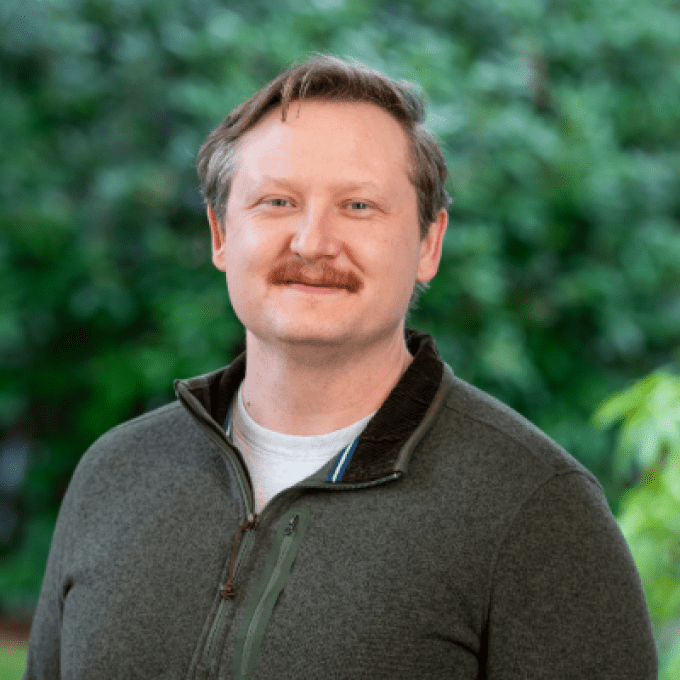Jonathan Montgomery
Breadcrumb

Jonathan Montgomery, Ph.D.
Lecturer
Areas of Interest
Plant-Water Relations
Experimental Design
Pedagogy
- Ph.D. Plant Physiology, University of California, Riverside
- B.S Plant Biology, Humboldt State University
ESM 105: Natural Resource Conservation
ESM 303: Applied Natural History and Ecology
BIOL 105: Principles of Biology
BIOL 330: Principles of Ecology
BOT 330: Plant Ecology
Neil Peacock
Breadcrumb
Dan Gilner
Breadcrumb
Jennifer Fusaro
Breadcrumb

Jennifer Fusaro, 2010
Thesis:
Michelle Marie Fuller
Breadcrumb

Michelle Marie Fuller, 2012
Thesis:
Kathleen Koscielak
Breadcrumb

Kathleen Koscielak, 2015
Thesis:
Cynthia J. Boshell
Breadcrumb

Cynthia J. Boshell, 2022
Thesis:
Scott Menzies
Breadcrumb
Michael Masinter
Breadcrumb







